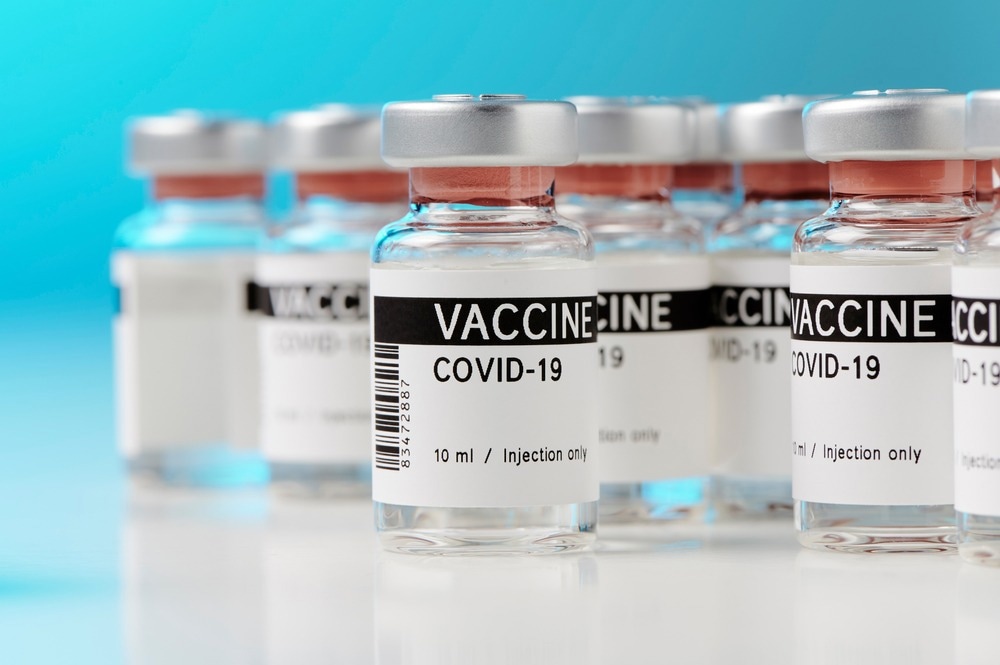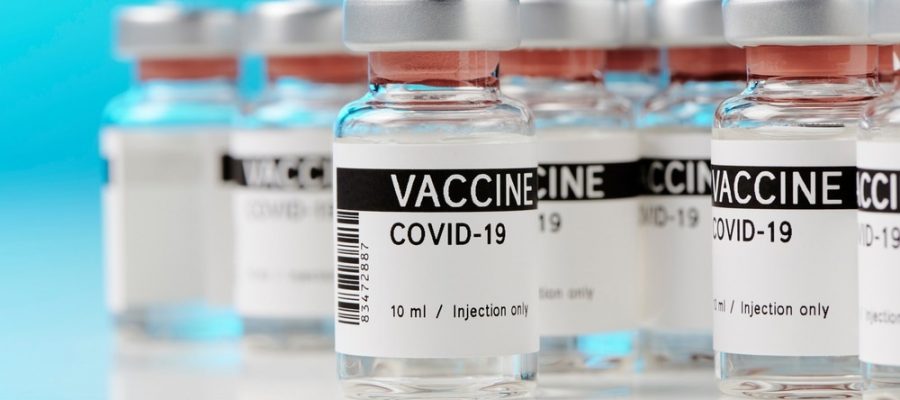In a recent MMWR published on the United States Center for Disease Control and Prevention (US-CDC) website, researchers investigated the efficacy of monovalent messenger ribonucleic acid (mRNA) coronavirus disease 2019 (COVID-19) vaccines in immunocompromised adults during the Omicron dominance period starting December 2021.

Further, they investigated whether these individuals might benefit from novel bivalent mRNA COVID-19 vaccine boosters that directly target the severe acute respiratory syndrome coronavirus 2 (SARS-CoV-2) Omicron variant.
Background
The Advisory Committee on Immunization Practices (ACIP), on August 13, 2021, recommended an expanded primary series of three doses of an mRNA COVID-19 vaccine for immunocompromised adults in the US. With the launch of a new bivalent mRNA COVID-19 vaccine booster, the ACIP updated its recommendations. These novel vaccines contain components of the BA.4 and BA.5 sublineages of Omicron B.1.1.529. It raised the need to evaluate the efficacy of monovalent COVID-19 vaccines in immunocompromised people.
About the study
In the present study, researchers estimated vaccine effectiveness (VE) for monovalent two-, three-, and four-dose mRNA vaccines in preventing COVID-19–related hospitalization in immunocompromised adults. They estimated VE of two- and three-doses for the Omicron period (all sublineages combined) and for each sublineage predominance period. The VE estimates for four doses were restricted to the combined period, including BA.2/BA.2.12.1 and BA.4/BA.5 predominance periods, because of its limited coverage among individuals eligible for vaccination before mid-March 2022.
The team examined patients with five exclusive immunocompromising conditions (e.g., organ transplant recipients and solid malignancy). They also covered individuals with more than one immunodeficiency in their analyses. The current multistate VISION Network study used a test-negative design to compare the odds of prior vaccination in the case and control persons with positive or negative reverse transcription-polymerase chain reaction (RT-PCR) results, respectively.
Study findings
Between December 16, 2021, and August 20, 2022, 34,220 immunocompromised adults with a median age of 69 years needed hospitalization for COVID-19–like illness. Of these, 8,798, 14,286, and 2,393 patients had received two-, three-, and four-doses of mRNA COVID-19 vaccines, respectively, including 11,088 patients who received their third vaccine dose ≥90 days before the study index date. These 11,088 patients were, thus, eligible for the fourth dose of a monovalent mRNA COVID-19 vaccine.
During the combined dominance periods of Omicron sublineages, more immunocompromised people became eligible for the fourth vaccine dose. Consequently, VE for monovalent mRNA vaccine ≥90 days after the third dose rose to 32%.
Following the primary vaccination series, VE during the combined Omicron period was 36% at ≥14 days. VE estimates showed an increase to 69% and 44%, seven to 89 days after the third dose and ≥90 days after the third dose. Further stratification by Omicton sublineages showed that during the BA.1 dominance period, VE was nearly 67% ≥7 days after receipt of the third dose than during the BA.2/BA.2.12.1 and BA.4/BA.5 periods, when VE was only 32% and 35%, respectively.
Furthermore, VE varied by the immunocompromising condition at ≥7 days after receiving the third vaccine dose. While VE was 43% for organ or stem cell transplant recipients, it rose to 70% for those with a solid malignancy.
Conclusions
Studies have shown that immunocompromised individuals have been disproportionately affected by the COVID-19 pandemic. Despite additional dosing recommendations, the VE of mRNA vaccines decreased during the Omicron period compared with that during pre-Omicron periods in these individuals. Even a three-dose monovalent vaccination series offered moderate protection against hospitalization in immunocompromised people.
People with specific immunocompromising conditions had even lower VE (e.g., solid organ or stem cell transplant recipients). Thus, these people might benefit from updated bivalent vaccine booster doses, as per AICP recommendations. Notably, these vaccines target recently circulating Omicron sublineages.
Furthermore, immunocompromised people should be prioritized for additional COVID-19 protective measures. For instance, prophylactic antibody therapy, early access to antivirals, and even nonpharmaceutical interventions, such as masks or respirators. Lastly, the researchers emphasized the need for further studies of VE of updated mRNA COVID-19 vaccines in immunocompromised people.
- Britton A, Embi PJ, Levy ME, et al. Effectiveness of COVID-19 mRNA Vaccines Against COVID-19–Associated Hospitalizations Among Immunocompromised Adults During SARS-CoV-2 Omicron Predominance — VISION Network, 10 States, December 2021—August 2022. MMWR Morb Mortal Wkly Rep 2022;71:1335–1342. doi: http://dx.doi.org/10.15585/mmwr.mm7142a4. https://www.cdc.gov/mmwr/volumes/71/wr/mm7142a4.htm?s_cid=mm7142a4_w
Posted in: Medical Science News | Medical Research News | Disease/Infection News
Tags: Antibody, Cell, Coronavirus, Coronavirus Disease COVID-19, covid-19, Efficacy, Immunization, Immunodeficiency, Omicron, Pandemic, Polymerase, Polymerase Chain Reaction, Respiratory, Ribonucleic Acid, SARS, SARS-CoV-2, Severe Acute Respiratory, Severe Acute Respiratory Syndrome, Syndrome, Transcription, Transplant, Vaccine

Written by
Neha Mathur
Neha is a digital marketing professional based in Gurugram, India. She has a Master’s degree from the University of Rajasthan with a specialization in Biotechnology in 2008. She has experience in pre-clinical research as part of her research project in The Department of Toxicology at the prestigious Central Drug Research Institute (CDRI), Lucknow, India. She also holds a certification in C++ programming.
Source: Read Full Article
